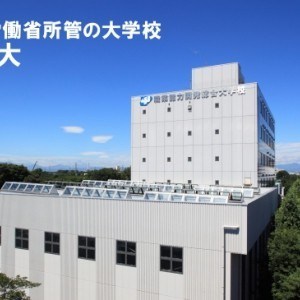Photos of university / #aaustudieliv
The master's programme in IT Design and Application Development (iDA) at Aalborg University focuses on innovation, interaction design, usability, development processes and project management. The programme is aimed towards bachelors from other disciplines than IT who wants to add IT to their education. Your background could for instance be in humanities, social science or design.
The two-year full-time programme in IT Design and Application Development (iDA) is designed to prepare students for the practice of contemporary software development in leading-edge software organisations and research institutions.
Its major themes are:Agility
Innovation
Software engineering
Human-computer interaction.
Students are expected both to develop extended working software prototypes addressing real-world problems and to contribute to research on the programmes themes.
IT Design and Application Development (iDA) is a two-year master's programme (120 ECTS credits). Students can also choose to pursue one or two semesters.
The programme combines the latest advances in research and practice knowledge in a four-semester structure.
1st Semester: Model-driven and agile software development practice
On the 1st semester, you and your project group are going to do a project (15 ECTS) within the theme "Development of a software application". You will be working with basic techniques in development of applications which can solve real tasks to the benefit of the user. In addition, you will gain experience in developing large systems, quality control and testing.
1st semester courses
Systems development (5 ECTS)
Design and evaluation of user interfaces (5 ECTS)
Introduction to programming (5 ECTS)
2nd Semester: User-centred, sketchingbased and innovative development of complex software systems
On the 2nd semester, you will choose between two project themes (15 ECTS):
User-centred software development
Innovative software development
User-centred software development
If you choose to do your 2nd semester project within this theme, you will be working with application of concepts, processes and theories concerning user-centred development and software engineering. Here, you are going to utilise your programming competences obtained during the 1st semester.
Innovative software development
This theme focuses on application of concepts, processes and theories within innovation and software engineering. If you choose this theme, you will be working with among others chosen demands for a system, its design and implementation, and how these relate to each other.
On the 2nd semester, you will in addition learn about paradigms in developing programmes and systems, software innovation in modern companies, modelling of data and development of databases.
2nd semester courses
Software engineering (5 ECTS)
Software innovation (5 ECTS)
Database development (5 ECTS)
3rd semester
The project theme on the 3rd semester is "Empirical research in software development". This time, the project counts for 20 ECTS - two thirds of the semester. The problem that you and your group are going to work on must be a real problem, hence the empirical note, and empirical material must be utilised in solving it. This is an important part of the Software Development programme because this project involves working with software development in the real world.
3rd semester courses
Entrepreneurship (5 ECTS)
This course concerns subjects such as competition and market conditions, business models and plans, market development, marketing, growth strategies, etc. All of the mentioned subjects are of course linked to software development. The purpose of the course is to present and implement a market strategy for software development.
Choose one of two
Specialisation course in human-computer interaction (5 ECTS)
Specialisation course in systems development (5 ECTS)
Both specialisation courses involve production of a scientific article which you must present at an exam where you will give a 30 minute presentation. Choice of subject, etc., is typically discussed with your teacher who may also consult your project supervisor in order to create synergy between your chosen specialisation course and your semester project. You are given seven days in total for preparing the exam.
4th semester
This is your specialisation semester where you write your Masters thesis (30 ECTS). The entire semester is devoted to working on your thesis, and hence, no courses are given. You will defend your thesis at an oral exam.
The master's thesis addresses a topic at the frontier of practice research: you will work with problems critical for software firms and software-dependent businesses, in collaboration with leading researchers and experienced developers.
For further information, please consult the programme curriculum.










